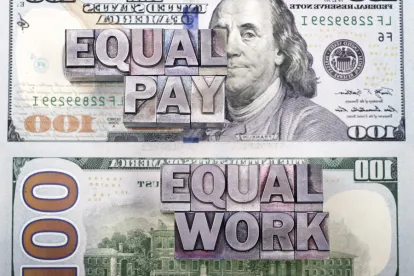The question before the panel was simple: can an employer justify a wage differential between male and female employees by relying on prior salary? Based on the text, history, and purpose of the Equal Pay Act, the panel held that prior salary – whether alone or in combination with other factors – may not justify a difference in pay between male and female workers doing the same job.
The opinion was written by Judge Stephen R. Reinhardt prior to his death in early April at age 87. The April 9 decision arose from a math consultant hired by the Fresno County Office of Education. Prior to that position, the consultant was a math teacher earning an annual salary of $50,630. The consultant’s new salary with the Office of Education was based on a standard operating procedure where base pay for new hires was based on their most recent prior salary, adding a small percentage, and placing the hire on the corresponding step of its salary schedule. During a lunch with her colleagues, the math consultant learned that her male colleagues had been subsequently hired as math consultants at higher salary steps.
The math consultant complained to her employer, which responded that all salaries had been set in accordance with the standard operating procedure. The only rationale offered by the County was that the math consultant’s salary was lower at a prior job. The math consultant then sued the agency under the Equal Pay Act and other laws.
The panel concluded “unhesitatingly, that ‘any other factor other than sex’ is limited to legitimate, job-related factors such as a prospective employee’s experience, educational background, ability, or prior job performance” and that prior salary alone or in combination with other factors cannot justify wage differential under Equal Pay Act. And that to hold otherwise—to allow employers to capitalize on the persistence of the wage gap and perpetuate that gap ad infinitum—would be contrary to the text and history of the Equal Pay Act, and would vitiate the very purpose for which the Act stands.
Notably, this decision does not affect whether or under what circumstances, past salary may play a role in the course of an individualized salary negotiation.



 />i
/>i
